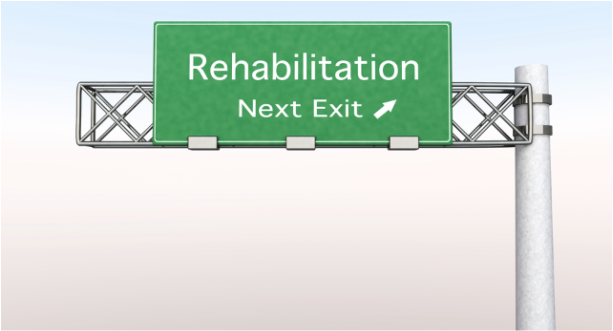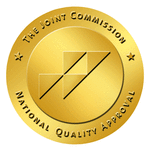Who needs drug treatment rehab centers?
If you need to use drugs (any psychoactive substance) to get through the day, you may need addiction treatment. In fact, one of the best indications that a person needs a drug rehab center is psychological dependence on your drug of choice. Psychological dependence is characterized by:
- drug craving
- drug use despite negative life consequences
- loss of control of drug use
Who else can benefit from a drug treatment rehab center?
People who
- are faced with legal problems regarding drug use
- are unable to stop using their drug of choice
- experience mood swings or violent behavior
- experience relationship and family problems
- have decreased work or school performance because of drugs
- neglect other responsibilities in favor of using drugs
- see an increase in health problems related to drug use
- spend a great deal of time using, trying to find, or recovering from their drug of choice
Going to drug rehab treatment centers
The goal of drug rehab treatment is to ultimately live a drug-free life. An effective treatment program will help you understand addiction and give you the skills you need to resist the temptation to use again. For many, going to rehab centers is much less intimidating when you know what to expect from a drug rehab program. So what happens in a drug rehab treatment center?
1. Initial intake
When you first start drug rehab, you will undergo an intake assessment. This is used to determine the severity of the addiction, and will ultimately be used to create an addiction treatment plan. Assessments usually include interviews, urine/blood tests, and a medical exam. During intake, you will be assigned a lead counselor (usually a certified psychologist) who will be your main contact throughout treatment. Additionally, you will be shown the facilities and be introduced to patients currently enrolled in rehab. This begins your stay at a drug rehab treatment center.
2. The treatment itself
Your addiction treatment plan will include several psychological treatments, including therapy and counseling. Medications are also sometimes used to treat certain drug addictions. In fact, a combination of pharmacological and behavioral interventions often shows greater success than either used alone.
3. Daily or weekly sessions
If you choose an inpatient drug rehab treatment center, you will be required to reside in the treatment facility. This intensive drug rehab treatment can last anywhere from a month to a year and is organized around a strict daily routine. Expect to be present and accounted for multiple times throughout the day for individual sessions, group sessions, educational sessions, exercise, and meal time.
In comparison, outpatient drug rehab often requires 1-3 hours of attendance per day or multiple sessions per week. While less rigorous in terms of time requirements, outpatient drug treatment rehab is often most successive when it is intensive in nature, 9+ or more hours per week.
Reasons to go to drug rehab treatment
There are several reasons to go to drug rehab for addiction treatment. Of course, it can sometimes be difficult to think of these reasons when you’re struggling with a drug addiction, so we’ve put together a list for you. Once you overcome addiction, you’ll be able to
- be more productive
- enjoy a healthier lifestyle
- regain your loved ones’ respect and trust
- repair broken relationships
- stay away from legal troubles
- stop wasting your money on drugs
Who is affected by drug addiction?
An addict as well as everyone around him or her is affected by drug addiction. After using drugs for a period of time, a person’s health will often start to decline. Drug abuse can also cause a number of financial, family, and social problems for an addict.
An addict’s family is also strongly affected by drug addiction. They will often feel helpless and frustrated in the face of addiction. In many cases, a drug addiction can cause family members to lose trust in and respect for their loved ones.
Drug rehab centers truly help addicts as well as their loved ones. After overcoming their addictions, addicts can live much healthier lives. They can also work toward reconciling with their family and friends that they hurt while they were doing drugs.
Reference Sources: Medline Plus: Substance use disorder State of Kentucky: Signs of alcoholism and addictionSAMHSA: Screening, Assessment, and Drug Use TestingNIDA: The Clinical Assessment of Substance Use Disorder


 RSS Feed
RSS Feed
